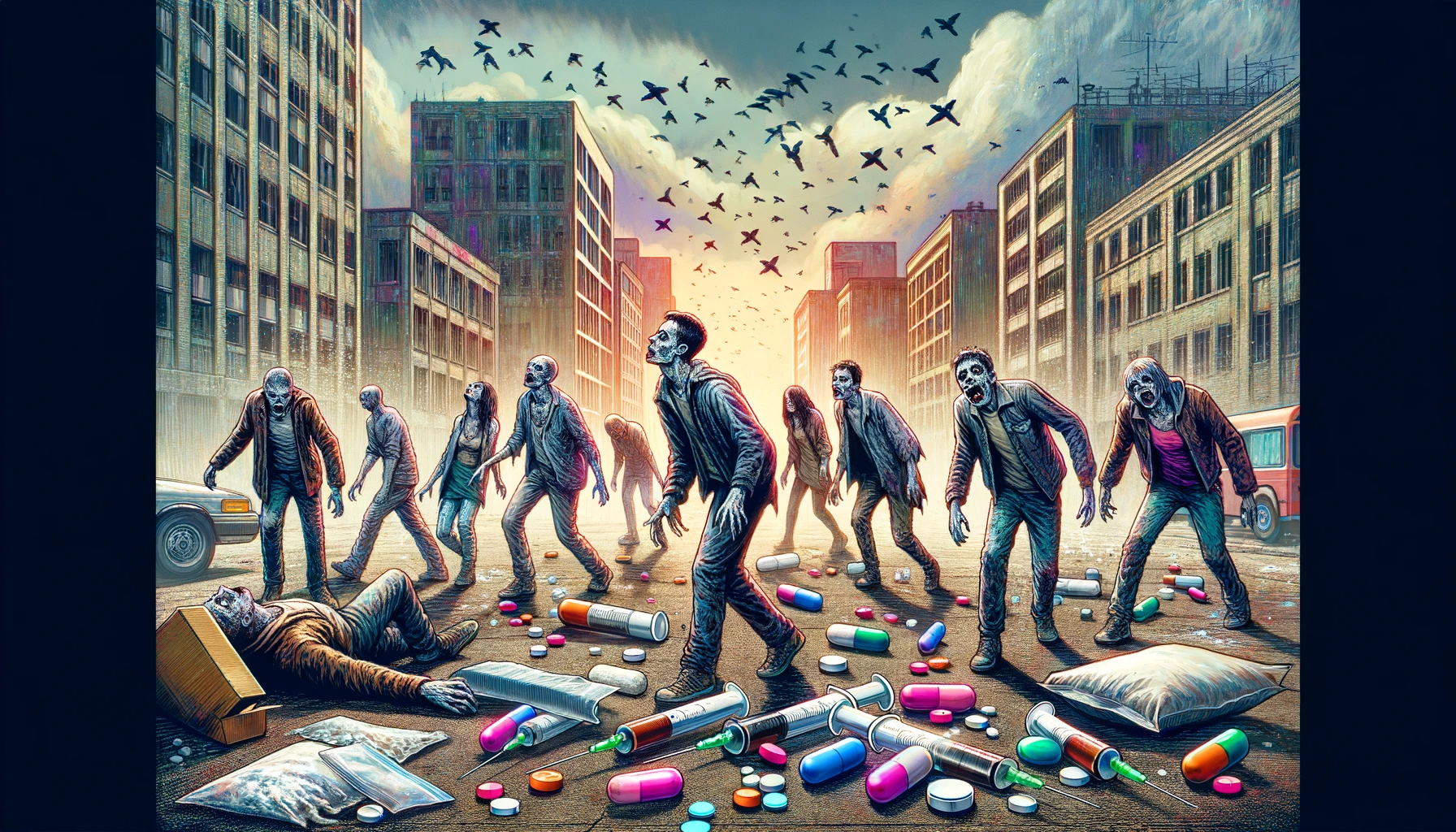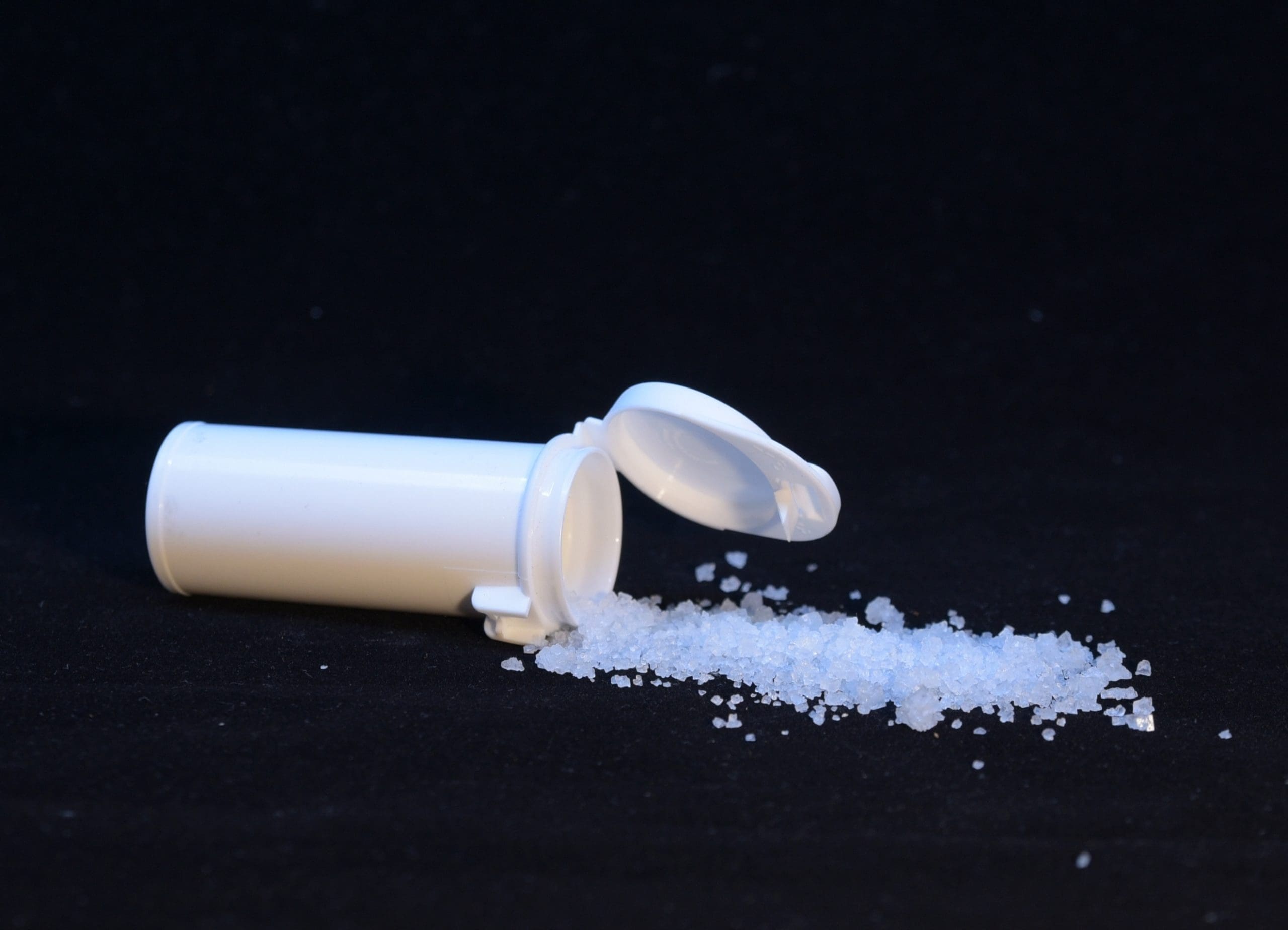Identifying dual diagnosis is critical for effective treatment. Treating only one condition often leads to high relapse rates for both. A targeted approach that addresses both mental health and substance abuse can significantly improve overall well-being and reduce the stigma associated with these conditions.





















